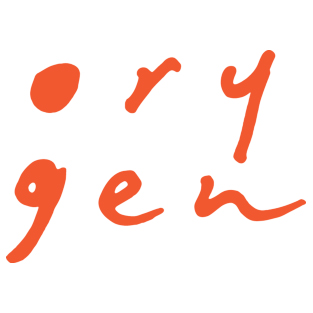Improving mental health literacy of migrants and people from refugee backgrounds
29 June 2020 to 31 January 2022
$160,000
all
Overview
There is significant cultural and linguistic diversity in the North Western Melbourne Primary Health Network (NWMPHN) catchment. Migrants and people from refugee backgrounds are less likely to access mental health services and supports.
Key reasons for this include:
- language barriers
- stigma
- lack of information on what’s available
- lack of awareness of mental health
- lack of culturally appropriate services and supports.
This activity sought to address these issues through the development of a series of innovative and engaging audiovisual resources. NWMPHN commissioned the Centre for Multicultural Youth who worked with Orygen to produce videos, digital stories, infographics, written information and podcasts in identified community languages. The resources were designed to raise the awareness on how to recognise and identify low level mental health distress and encourage people to seek help.
Outcomes
The objectives of this activity were to:
- consult with people from migrant and refugee backgrounds regarding their mental health literacy needs, the language used to describe mental health and what can support help seeking behaviour
- develop – in partnership with the target communities – culturally appropriate, tailored and interactive audiovisual resources in community languages. This content was to focus on the importance of mental health for overall health and wellbeing, recognising signs of poor mental health, common issues, how to self-manage mental health and where and how to seek help
- improve the awareness of migrants and people from refugee backgrounds about mental health and wellbeing, plus the services and supports available and how to access them
- develop and implement a communication strategy that can be used by a wide range of organisations to promote access to and use of the resources.
The content produced to complete these objectives includes:
- an infographic capturing key statistics on mental health, using helpful language and strategies for positive wellbeing in six languages (Dinka, Nuer, Vietnamese, Samoan, Karen, Arabic).
- 3 videos featuring members from the Karen, Vietnamese and Pasifika communities discussing key issues related to mental health and wellbeing
- an animated video capturing a conversation between a young person and a respected elder from South Sudanese backgrounds offered practical information and support options
- an interactive audio and visual ‘journey map’ that walks people through challenges faced by young Arabic speaking people, and how they understand mental health and related strategies for support if needed.
View the resources and more information on the Centre for Multicultural Youth website.






